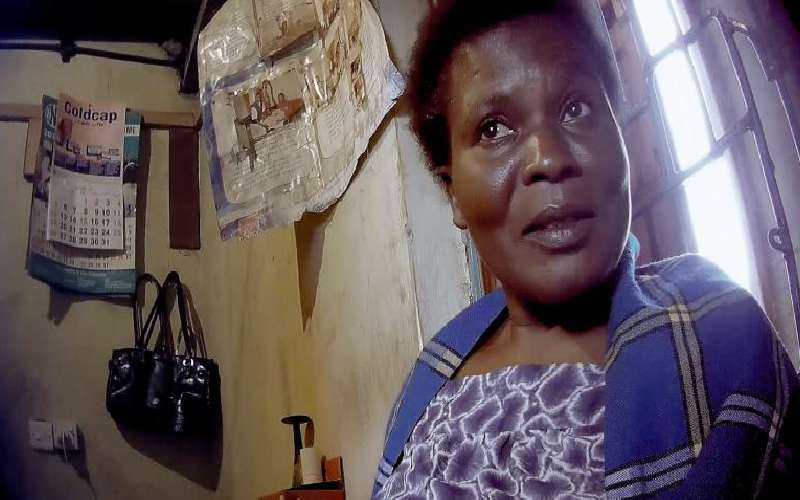×
The Standard e-Paper
Join Thousands Daily

Mary Auma runs a clinic in Kayole, Nairobi. [Courtesy, Standard]
Sh45,000 in Kenya can mean rent for some people. For others, it means three months’ salary. For others, it represents an unprecedented windfall while for others still, it signifies what they spend on a night out.